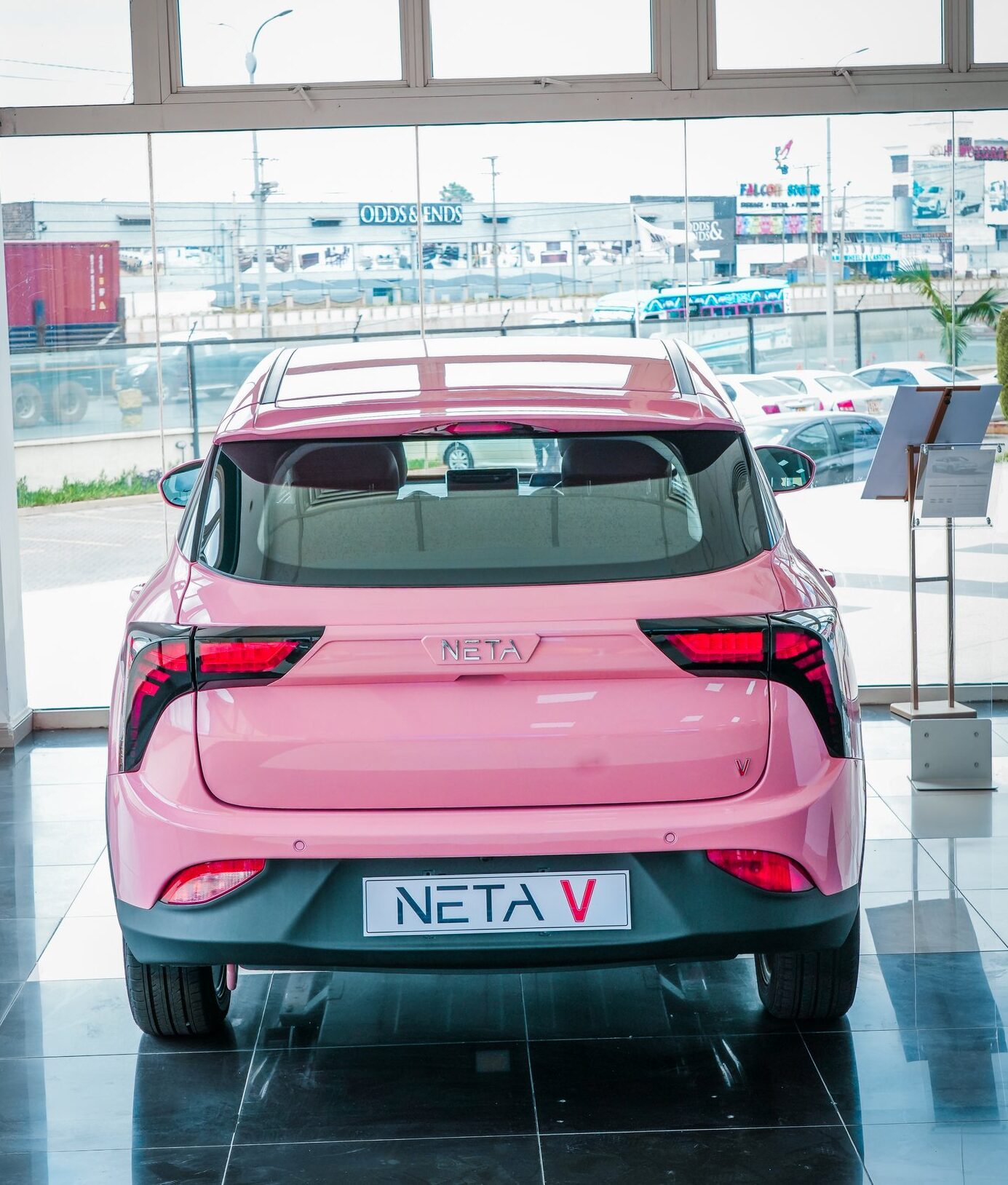
Sign up for daily news updates from CleanTechnica on email. Or follow us on Google News!
There are a number of electric vehicle battery myths floating around the intertubes. Two will be addressed here. One is that EV batteries don’t last long, so they need to be replaced every couple of years or after around 50,000 miles. Nope, it’s not true at all. The average battery lifespan is about 10 to 20 years. There are actually some Teslas that have achieved 400,000 miles or more on one battery.
Another myth is that EV replacement batteries are extremely expensive — maybe even $66,000. Again, no. The average cost is much lower, about $10,000 to $20,000.
One of the remarkable EV trends is that battery costs have been steadily decreasing. In fact, Recurrent just published a really interesting blog post which presents an analysis indicating that by 2030 a new EV replacement battery may cost as little as $5,000.
Liz Najman, Recurrent’s Director of Market Insights, answered some questions about the analysis for CleanTechnica.
How did you come up with the projection that by 2030 replacing an EV battery might only cost 15% of the vehicle’s purchase price, or about $5000, if the purchase price is $30,000?
Tl;dr: I had the opportunity to chat with Daan Walter, a principal at RMI, who confirmed that $35/kWh is within reason by 2030. That is the cell price, and the pack price can be around 25-30% higher. That’s how we came up with $50/kWh as a decent pack price projection in 2030. At 100 kWh (which is big), that would be a $5000 replacement battery. Most out of warranty batteries that a driver would have to pay for would be smaller — and cheaper.
Context: There have been reports all year about how much lithium-ion battery prices are coming down. RMI’s January report was particularly optimistic about how low prices could get by 2030 – $32–$54 per kWh. Not long after RMI published that report, CATL released LFP cells for between $55 and $60/kWh, and BYD was set to follow. More and more news reinforced that prices were coming down faster than anticipated. Of course, the lowest prices as of today come from China, whereas domestic and EU prices are higher.
Why will EV battery replacements cost so much less in just five years?
Tl;dr: Most of the drop happened already. Since 2012, battery prices have fallen from over $400/kWh to $111/kWh. By the end of next year, prices are projected to hit $80/kWh – a decrease of 50% since 2023. Half off in 3 years! Getting down to $35 or $40/kWh is not so extreme when you look at where prices have come from.
Background: Prices are falling due to a combination of market forces. Luckily, the changes that are bringing down battery prices are also making the battery supply chain more sustainable.
- Lower costs for raw materials as the “green boom” subsided in 2024.
- The switch to LFP batteries, which are less expensive to make and don’t use cobalt.
- Improvements in technology and engineering, which allow batteries to pack more of a punch in terms of energy density.
- Battery recycling helps lower the cost since it is a more affordable way to source minerals than mining and processing new materials.
- Finally, battery second life is a smaller factor, but one that we expect to grow.
Say someone buys an EV in 2024 and the battery pack lasts 11 years. By 2035, do you expect replacement batteries will be even less than in 2030?
There is a floor on how low battery prices can get, based on material and manufacturing costs. The two things that will ultimately drive battery prices even lower will be third party manufacturers, and the second life value of the old EV packs. As these two markets develop, especially in the US, it will be easier and more affordable to replace packs in older EVs.
Why are EV batteries generally lasting longer than they were expected to?
Most of the popular understanding about the durability of lithium-ion batteries comes from their use in other consumer goods. Compared to the battery in a cellphone or home appliance, EV batteries have a very pampered life. They have thermal management, voltage management, capacity buffers to prevent charging to 100%.
It’s totally different with a cellphone. Those batteries are engineered to be light, small, and mostly disposable, since the expectation is that every year or two, people will be replacing the entire phone. There is no software to protect the battery’s lifespan, no hardware to cool it down, no unused capacity buffer to prevent people from charging to 100% or discharging to 0%. Plus, look how people use their phone batteries vs. EV batteries. I use my phone from 100% to about 10% every day (even though I know I shouldn’t). How much do most people cycle their EV battery? 20% a day?
On the other hand, we have a lot of good science that explains how batteries age and what accelerates their degradation. That data comes from laboratory testing on battery cells, so the way it translates to EV battery packs with a BMS and thermal management is still a bit of an open question. But from everything we’re seeing, EV packs are holding up a lot better than these test cells since they get babied.
How common is it that new EVs need to have a battery replaced?
It is very rare. Overall, in our community, the self-reported rate of battery replacement is 2.5%, with that number dropping below 1% for cars newer than 2015. The number goes up for older EVs — as high as 30% for EVs from 2012, but that’s still less than half. There have been some highly publicized battery recalls, such as with the Chevy Bolt and Hyundai Kona, but those are handled by the manufacturer and don’t cost the driver anything.
Our data does come from the Recurrent community, so there is some sample bias. If someone drove a 2013 LEAF or Model S that did need its battery replaced, but they’ve been in a Bolt EV since 2018, we would not know about the older car.
Is it common for EVs that are 10 years old or greater to still have their original packs?
Yes! If you visit any of the high mileage communities on reddit or Facebook, you see people bragging all the time about their original packs.
When it comes to data, that’s harder. 10+ year old EVs are under 10% of the EVs that have ever been sold in this country. The technology is proven, but the data on old ones is rare.
Next, a lot of the 10+ year old EVs are Nissan LEAFs, since they were one of the few options in 2012-2015. These LEAFs did not have active thermal management, so their batteries did not hold up as well as others.
For people who are looking into buying a used EV, are batteries in used EVs generally in good enough condition to last?
Yes, especially if you’re looking at a more recent model year. It’s also great to remember that EVs have a battery warranty that guards against excessive battery degradation for at least 8 years or 100,000 miles. Since most EVs are pretty new, a used EV is likely to have years of warranty left.
Also, used EV shoppers should know about the role of the odometer. Looking at the top 100 odometer vehicles in our community, we found that, excluding cars with battery replacements, the average range score of these vehicles is 86.6. Even in that group, less than 20% of cars had or were suspected of having a replacement.
How do prospective buyers make sure the battery in a used EV they want to buy is in good enough condition before they purchase?
Used EVs are having a moment right now as the prices become too affordable to ignore. My specific tips for checking the battery health depend on whether you’re buying privately or from a dealership, but there are a few general principles to keep in mind. Used EV shoppers should expect the average based on make/model/year but check for outliers, just like you would if test driving a combustion engine car. EV batteries degrade in fairly predictable ways, particularly based on pack chemistries and calendar age. If you know what to expect by looking at free averages from the Recurrent VIN search, you’ll be better at spotting outliers to avoid on your test drive.
Are there extended warranties that cover batteries in used EVs?
Auto warranty products get a bad rap — often deserved — but I think that there will be some trustworthy, affordable warranty products that alleviate any concerns about big replacement costs. We’ve been working with a few startups in this space to help them quantify how uncommon it is to see an out-of-pocket battery replacement.

Chip in a few dollars a month to help support independent cleantech coverage that helps to accelerate the cleantech revolution!
Have a tip for CleanTechnica? Want to advertise? Want to suggest a guest for our CleanTech Talk podcast? Contact us here.
Sign up for our daily newsletter for 15 new cleantech stories a day. Or sign up for our weekly one if daily is too frequent.
CleanTechnica uses affiliate links. See our policy here.
CleanTechnica’s Comment Policy




